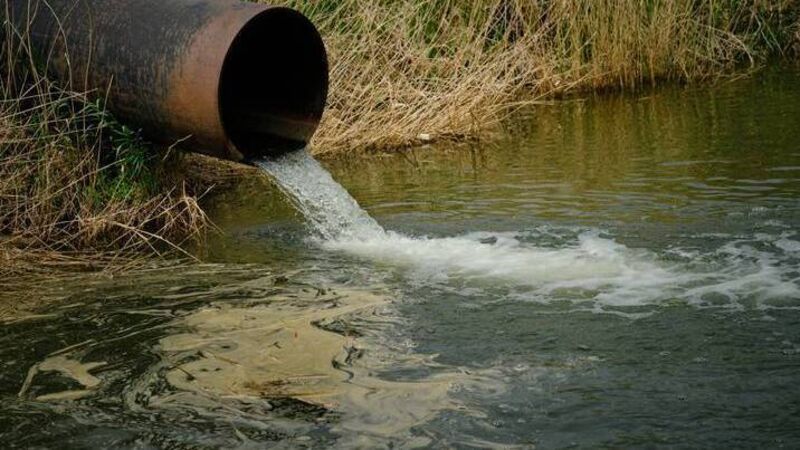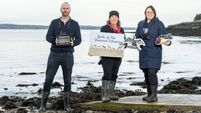Mick Clifford: Our rivers are not the only places to have been polluted under the IFI

In the last week, the Environmental Protection Agency reported that there was 'poorly treated sewage from urban waster water treatment plants' as well as 'run-off nutrients, sediment and pesticides from agricultural lands and farmyards' in just under half of 4,000 water bodies monitored in the past five years. File photo
Is Ireland’s waterways regulator still fit for purpose?
Inland Fisheries Ireland (IFI) - a semi-state body - has a vital function, yet while pollution has seeped in far and wide across the waterways of the State, the IFI has been described variously by politicians as “halfway between Ballymagash and Killinaskully”, and in terms of its loose approach to public money, as “RTÉ without the celebrities”.














